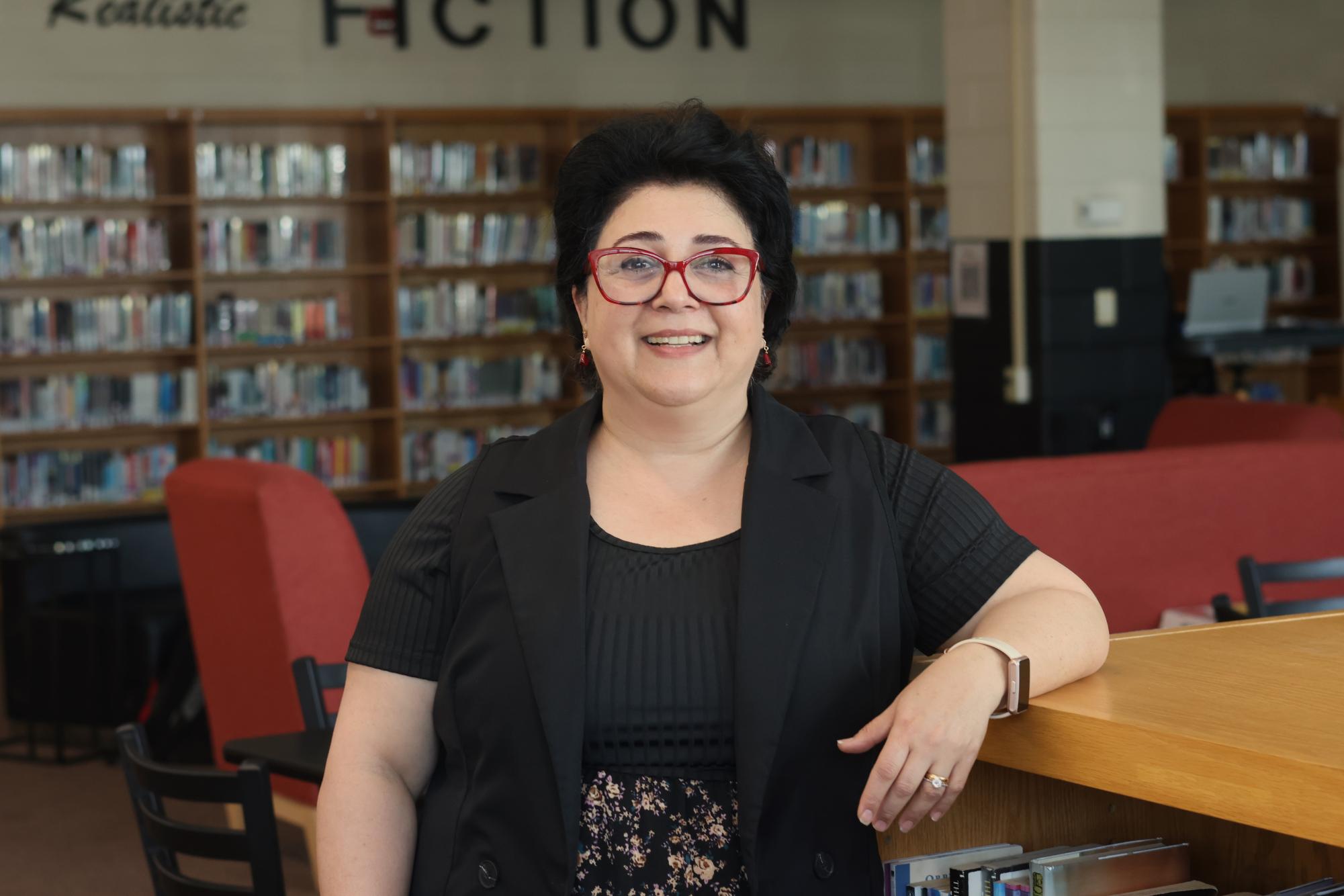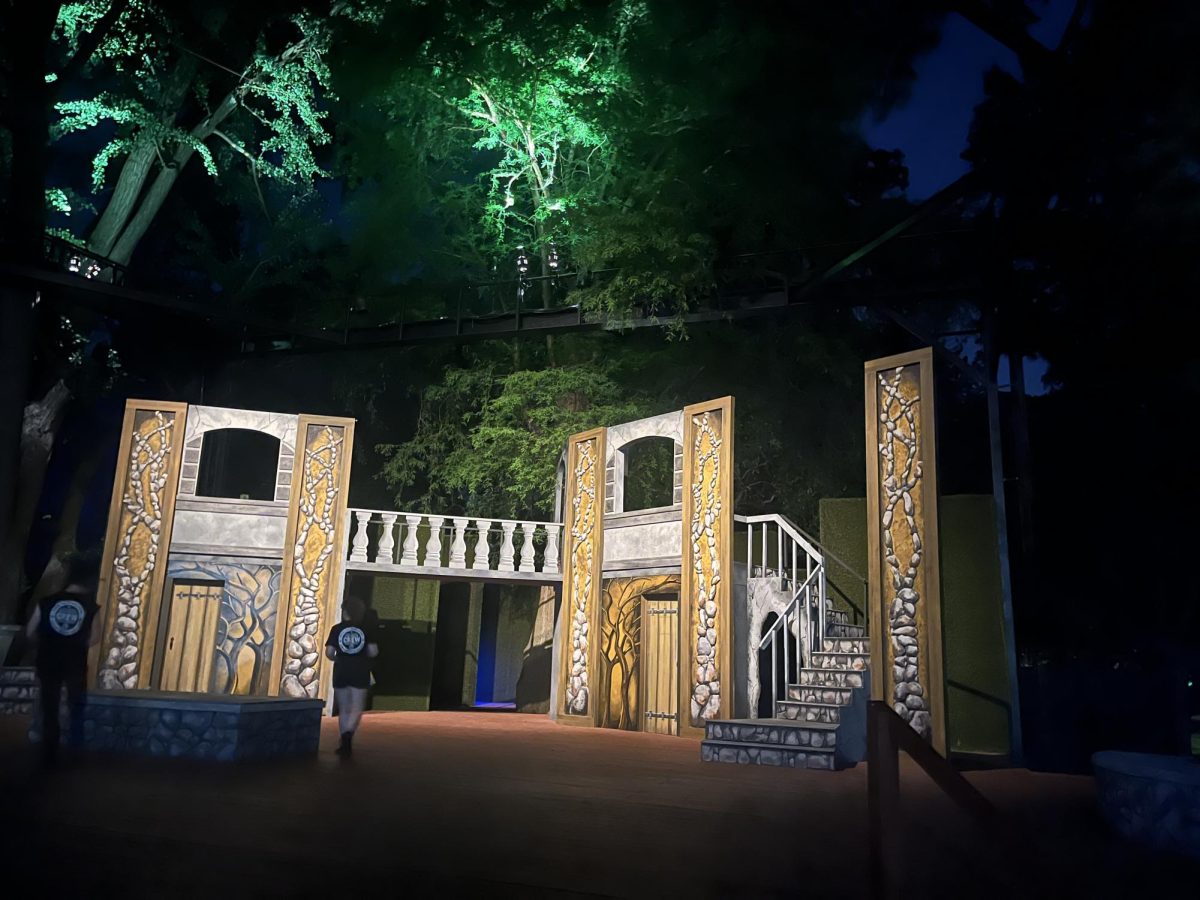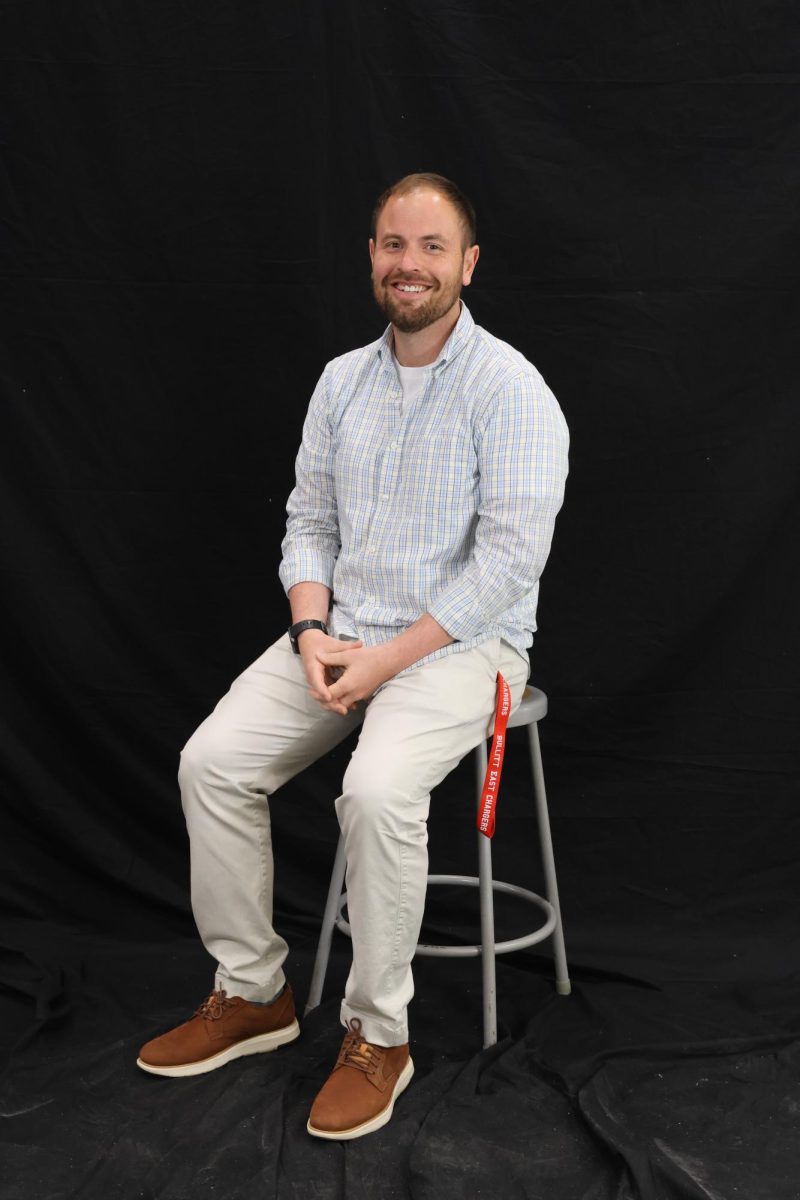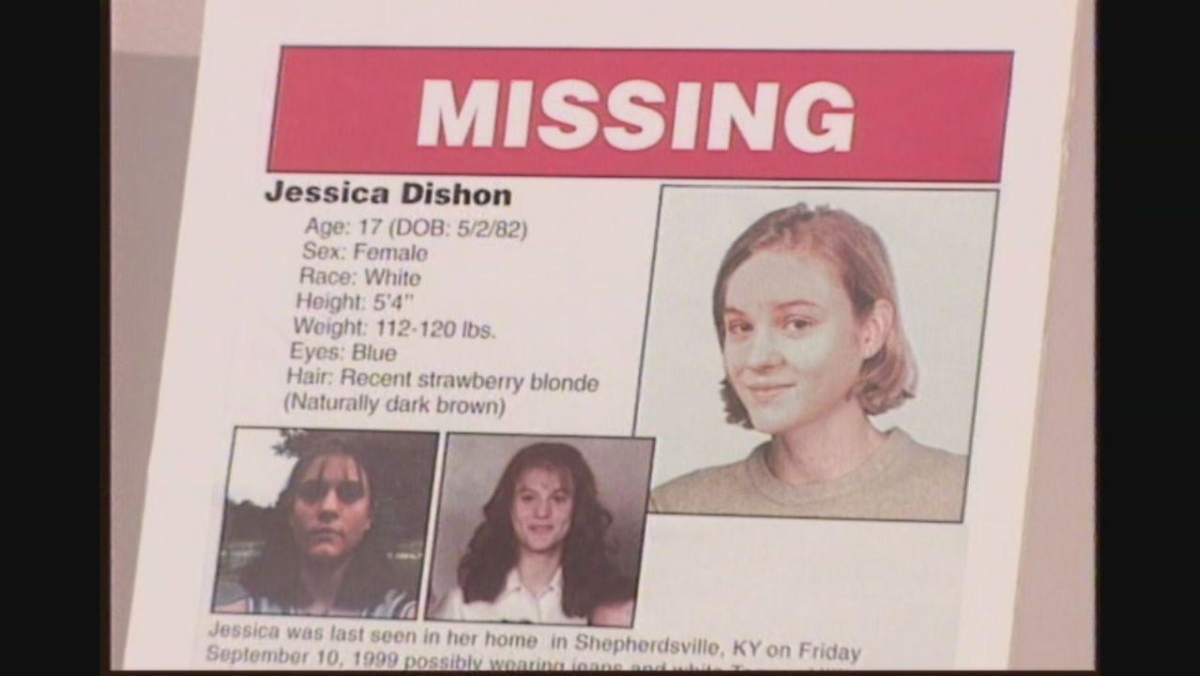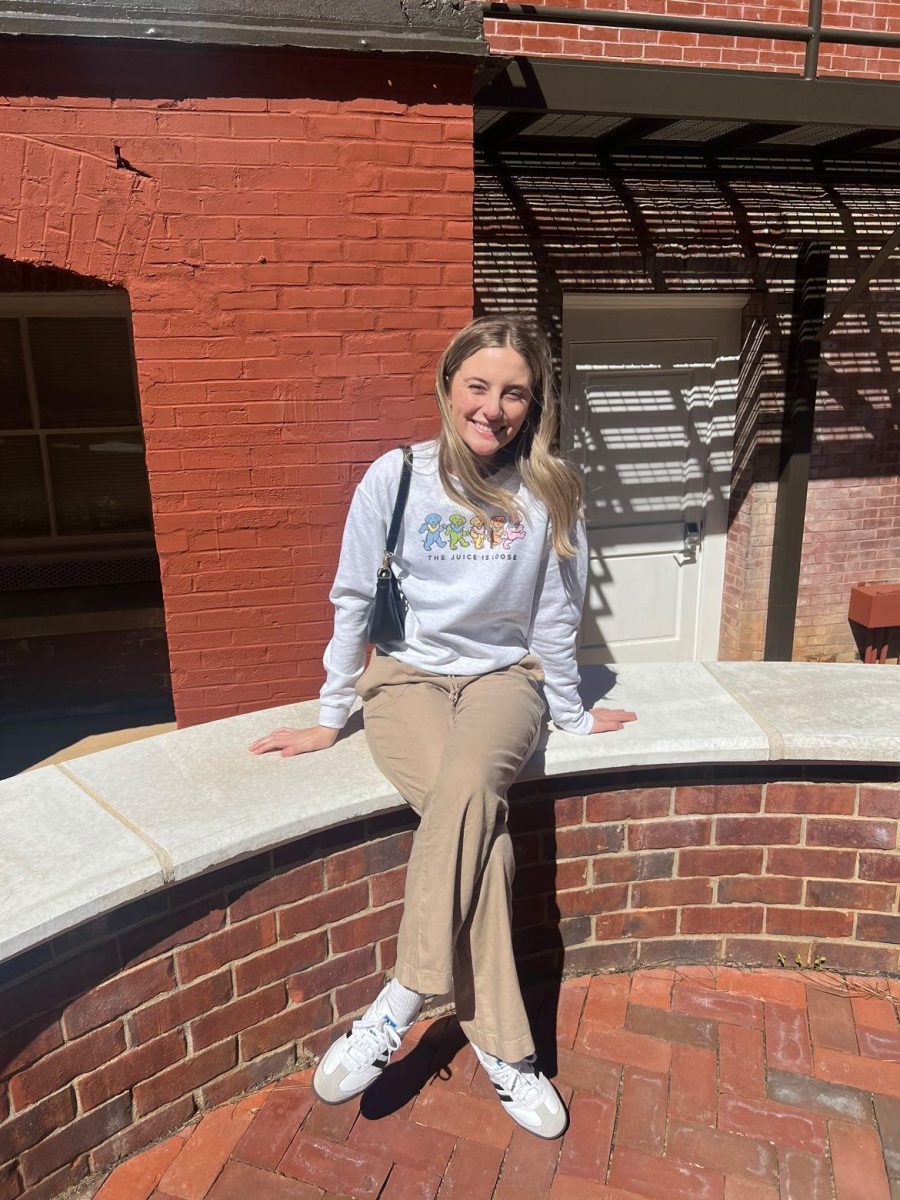Erica Yahya is first and foremost, a lover of life and people. Her vibrant personality is contagious, especially to her students. As a psychology professor for JCTC, she has received the opportunity to teach students to process grief with her own story, highlighting the importance of education, love, family and spirituality.
Her Life in Iran
Yahya was born in Iran to a family of status during the Shah regime. Her father worked for the government and was highly ranked. “I had everything. I had a chauffeur, a cook, I mean, everything you could imagine. I was kind of spoiled,” Yahya said.
When the new government swept through to overtake the old, her family faced a brutal attack, changing all of their lives forever. “I remember when I was little, my dad got imprisoned and shortly after killed when the special guards attacked our house. After witnessing my dad’s death, I became speech impaired for a couple of years. With the help of speech therapists, I was able to gradually get my speech back,” Yahya said. At seven years old, she faced nightmares some could only see in movies. Living in a war, it didn’t stop there.
While at school, Iraqi jets initiated a strike, dropping bombs all over the city. “We were on the top floor and by the time the sirens went off, everybody was going downstairs. We had two sections to go down. When I looked at the stairs I thought, ‘Oh my god I’m going to die if I even try to go down to save myself, I’m going to die.’ Just because of all the rush and all the people,” Yahya said. She and her best friend decided to stay in the classroom and got under a desk to try and shield themselves while bombs and rockets went off, but it didn’t protect them from the implosion of the windows, sending thousands of glass shards flying directly at them. “I was 12 at that time and I didn’t know what to do. My back was towards the glass, and it all just hit me in the back. I still have scars from the amount of glass that shot at me. And then my best friend, her artery got cut by the glass and she died in my arms. I was holding onto her, trying to talk to her and save her, but I didn’t have any chance,” Yahya said.
During the war, Yahya was in bad shape mentally. “I didn’t want to live; I didn’t want to continue with life. But I kept remembering what my dad told me, which was, ‘Education is the most important thing, no matter what you do, just continue. Your education is the only thing no one can steal from you,’ Yahya said.
The weight of witnessing all the massacres in her country where humans had no rights, eventually caught up to her and she left Iran during her adolescence. When she entered the USA via immigration office approval, she didn’t know how to speak English. The future was unknown; no friends or family support, new culture, new language and fast paced life was all so strange to her. At the age of 15, with her mom who suffered from depression, she had to face a new life, a new beginning.
Her Steps to Recovery:
“So, what I’ve done to overcome my grief and depression was to find someone who can
hear me out,” Yahya said. Her college counselor was a psychologist and therapist who walked her through the stages of grief. “I never could have really passed through the shock stage for the longest time. I was always thinking ‘Why? Why did it happen to my family?’” But, with the help of her college counselor, she got stronger and arrived at accepting the loss. “My college counselor was the one who helped me not to live in the past nor dwell on self-pity, as well as not to lose self-respect. She was the one who taught me to love myself regardless of any situation I am in,”
Yahya grew up knowing how to meditate; practicing meditation on a daily basis allowed her to heal faster. “So, by meditation, you’re connecting yourself to your higher self, and by connecting to your higher self, you are connected to the entire universe. So, anytime I was meditating, I was not feeling alone anymore. I felt like I was part of the world,” Yahya said. Yahya realized that for her recovery, she couldn’t look at the past nor the future any longer. “So, I decided, ‘Okay, let’s just focus on now and what I can do now to make my life and other people’s life better, more positive.’”
This giving mindset didn’t just begin when she was in America, it was something as true to her as her own blood. While she was experiencing the worst moments of her life, she recalled asking herself how she would help others, specifically while she was in a refugee camp in Turkey. “I always thought about how to end this human suffering. I am just one person, and one person cannot do much,” Yahya said.
Overcoming any hate in her heart and forgiving was another part of her plan to heal. “It is just the government, not the people; and people are usually the ones who are victims,” Yahya said. So, during her brainstorming while in Turkey and prior to coming to the United States, she arrived at the realization that we all should learn from our past. Hatred usually creates destruction while love produces unity and creation. This was her epiphany, and ever since Yahya has been focusing on love.
In doing so, she was able to combine all her lifelines for healing into one. She took the value of education that her father instilled in her, the therapy background from her college counselor, her love of meditation from her culture and her own helping attitude to become who she is today. She enriched the lives of all her students, educating them on the ways of grief and how to heal themselves. Grief is only a small section of her class that she instructs, but her warm and comforting persona never ceases to show up from the second you meet her to when you leave her class for good.
“So, loving others and spreading love among people has become my mission in life. It feels good to watch and see how kindness and love create a snowball effect. When you do one good thing and somebody else sees, they learn and do the same thing. Gradually, we all can change the world to be a nurturing place for all,” Yahya said.
Reflecting on her life, Yahya has learned how to deal with her past and could provide valuable insight to others going through hard times. “For the longest time, I thought I was the one with all the problems in the world. Eventually, I learned that everyone faces hardship,” Yahya said. She emphasized that understanding you’re not alone and learning to accept your situation is the best first step in the right direction. “Our strength usually comes from within and until we face the hardship, we won’t realize how strong we are.”



